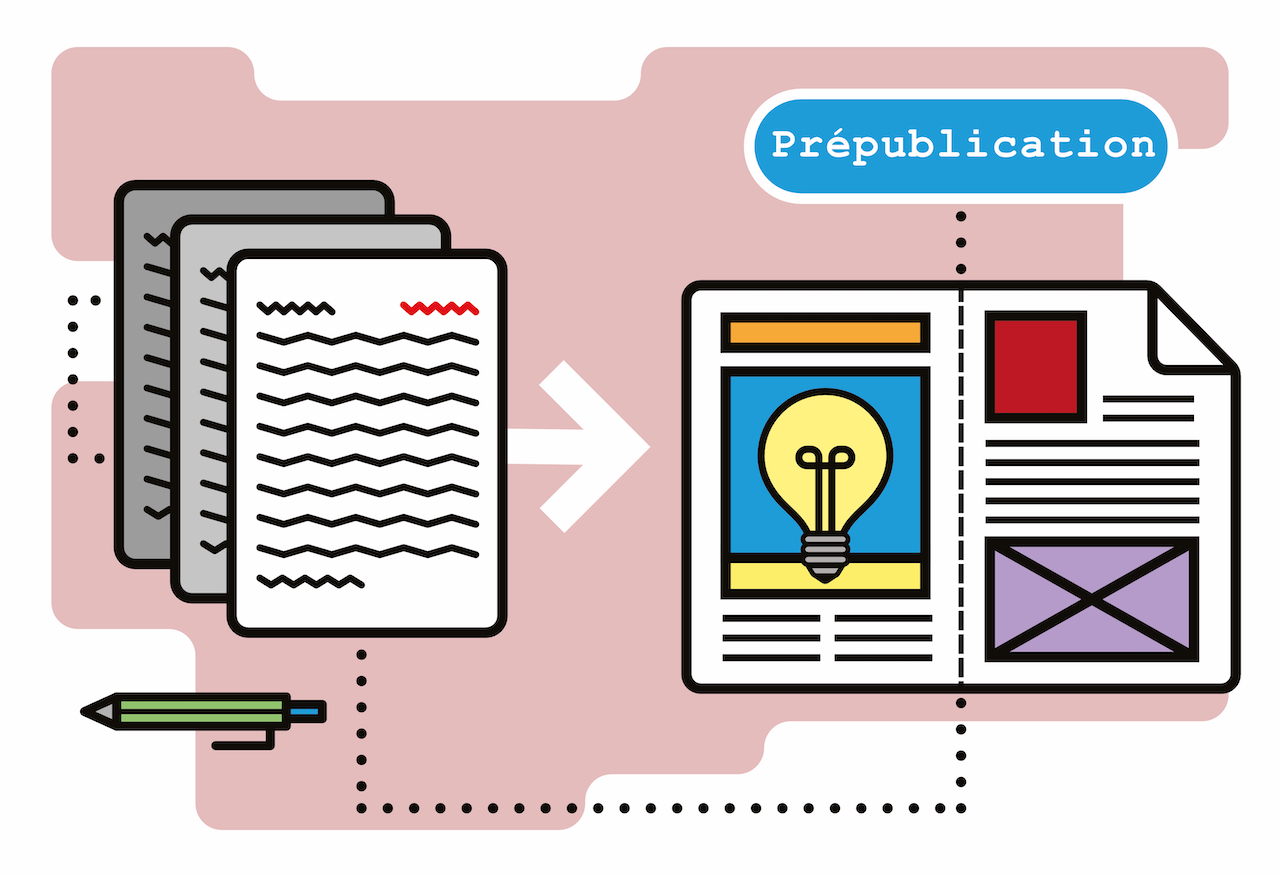Fiche du document
- ISIDORE Id: 10670/1.27aa60...
- hal: hal-03881646
http://creativecommons.org/licenses/by-nc-nd/ , info:eu-repo/semantics/OpenAccess
Mots-clés
Discrimination Correspondence studies Public sector J - Labor and Demographic Economics/J.J4 - Particular Labor Markets/J.J4.J45 - Public Sector Labor Markets J - Labor and Demographic Economics/J.J7 - Labor Discrimination/J.J7.J70 - General J - Labor and Demographic Economics/J.J7 - Labor Discrimination/J.J7.J71 - DiscriminationSujets proches
Labor and laboring classes BiasCiter ce document
Pierre Cahuc et al., « When Correspondence Studies Fail to Detect Hiring Discrimination », HAL SHS (Sciences de l’Homme et de la Société), ID : 10670/1.27aa60...
Métriques
Partage / Export
Résumé
Based on a correspondence study conducted in France, we show that fictitious low-skilled applicants in the private sector are half as likely to be called back by the employers when they are of North African rather than French origin. By contrast, the origin of the fictitious applicants does not impact their callback rate in the public sector. We run a survey revealing that recruiters display similarly strong negative discriminatory attitudes towards North Africans in both sectors. We set out a model explaining why differences in discrimination at the stage of invitation for interviews can arise when recruiters display identical discriminatory attitudes in both sectors. The estimation of this model shows that discrimination at the invitation stage is a poor predictor of discrimination at the hiring stage. This suggests that many correspondence studies may fail to detect hiring discrimination and its extent.
